|
Classrooms should be places of creativity. As you plan how students learn, you can give them conten, but you soon come to a place where students need to show you what you know. Often, this comes in the form of tests and worksheets, but that learning can be deeper. Students can create new videos, animations, audio, stories, games, and so much more. The beauty of this is that it not only gets to the richness of your content but it also brings practice with both soft and future ready skills.
One of those future ready skills that seems like it doesn’t apply to every class but it does is coding. Students can create games, animations, stories, simulations and much more by coding projects that have your subject area content in them. Through those projects students can also practice things like problem solving, critical thinking, resilience, collaboration, and show much more. If I had known the power of coding at the time, I would have used this extensively in my own classroom. I was a Social Studies teacher, and I had students creating things like video, audio projects, and more. Several times, I encountered a student who was adamantly against putting themselves on video, so I had them animate to tell their story. Today, I could easily put them in a coding project to build that animation giving them an additional future ready skill. My favorite coding tool is easy, and it’s Tynker. Nothing comes close because it’s the only tool that gives you a K-12 experience, with multiple coding languages, and physical computing. It also starts incredibly easy for teachers. If you know how to create a classroom and assign lessons, you can make it happen. The free courses are there to be those lessons and get your students started. The key though in this context is what they call the STEM lessons. These are pre-built coding lessons that are in Social Studies, Science, Math, and ELA. They can be all you need to get started, or you can use the DIY library to make your own. Really, the possibilities are endless. Are you a little nervous about allowing coding in your classroom? Does it seem to complex? Well, if you can create a class and assign lessons, it isn’t. The key with all of it is that you can always make it a choice in your classroom, and then you can see the students take off with it without being an expert. It’s truly something anyone can do.
0 Comments
The next tool on our list is one that has been around for a long time, but most teachers don’t know you can use it in the way I am going to describe in this blog. One of the challenges of giving choice in the classroom is it becomes next to impossible without technology. Technology gives you the option to organize and present that choice in ways that make sense, and there is no better tool for that than Symbaloo. When most look at the base level of Symbaloo, they see it as a digital bookmarking service. The basic idea is that you save links in a tile based format, and then you can add the grid almost anywhere. It can be a great avenue for younger students to access sites at this level, and it can even be the homepage for browsers. At that base level, it is still incredibly useful for schools. The level that takes it up a notch is knowing that you can embed Google items onto the grid. This allows you to turn Symbaloo into a digital choice board. You can write different creative project directions in Google Docs, and then you can organize them on the Symbaloo grid as a choice board. That choice board can then be embedded almost anywhere including on your own website and in an LMS. Symbaloo may seem basic, but it does one of the core things technology is great for in the classroom: presenting choice. Making it useful may mean you have to change your mindset on choice, but it turns creativity on its head in your classroom. I recommend trying it today! Students have to have a place to write. That place to write can be a place to plan projects, do assignments, and create writing projects. It seems so simple, but it is definitely a tool that both every student and every teacher needs. Guess which one is the best in my books? It’s Google Docs. I know that’s simple, but let’s discuss why.
Google Docs at its core is a word processing program. That core function has been around for what seems like forever in things like Microsoft Word and others. Google came in 2006 with a version of word processing that could be shared and collaborated on. That core function is what makes Google Docs so appealing, and they have just built on it from there. If you want to plan a project, Google HyperDocs are an amazing way to do it. The idea is that you plan out activities, questions, and resources for students to work through as they plan their project, and then students can collaborate on that document. The easy share function also means teacher feedback works well. Things like Microsoft Word have tried to come up with this functionality,. but Google still does work a bit better. That easy sharing means that Google Docs is also a great place for student creation. Students could write blogs, essays, letters. Books, pamphlets, and so much more directly on the platform. With Google Docs design it is much easier to do, and it also allows the teachers to provide Google Docs worksheets as needed. Google Docs sounds like such an easy call, but it’s one that is necessary. If you are in one of the fe3w districts today that does not provide it, you can do many things in Microsoft Word. It is just much more tedious. Google also has things like search directly built in to make your life easier, so if you can choose Google, I would. Video is a powerful tool, and there is a massive library out there of them with YouTube. There is great content on there about history, literature, science, and tutorials on a ton of different subjects. There is also bad content there too. So, how do we use that powerful content? Thankfully, there is a tool that helps us do it called EdPuzzle.
As we start with YouTube, we quickly come to several very specific challenges that EdPuzzle is built to solve. The first is that we need to ensure the content is accurate and viable for a class. We also need to be able to assess what students learn from the video, and we may need to cut down the video to bring the content we want to the surface. EdPuzzle solves all of those. With the teacher initiating the video, and then assigning it to students you are testing the content viability right from the start. The teacher can then use EdPuzzle to add assessments to ensure students are learning. It is even likely that the video may already have some pre-built questions that another teacher has already added. If you want to cut down the video or make it more clear, you can add voiceover and clip the clip. It’s a very simple tool, but it is one that every teacher can use. EdPuzzle also has the added benefit of changing the YouTube URL to an EdPuzzle one. While it may not work specifically in your district, this can be a way to make YouTube work for your students, and if it does not, it’s an easier conversation with your leadership. Give EdPuzzle a try today! The next thing you need in your teacher tool kit is a way to deliver content. Even though there is a variety of strategies out there to deliver content outside of the teacher, straight up direct instruction is still incredibly valuable. Many students learn better that way, and students who have seen that direct instruction approach through their days of school are so trained in it that changing is incredibly tough. The challenge for any teacher in doing direct instruction is to make it engaging.
Direct instruction is actually the way schooling has gone for years. The teacher takes the content, splits it into chunks, presents it, and the kids take notes on it. Through the years, things have shifted to most of the visual cues with this being in a presentation rather than a chalkboard, but overall things have not changed much. The challenge with this approach though is that lack of engagement. As students take direct instruction, it’s easy to get bored. It’s easy to not really know what you are writing down. It’s easy for things to get tedious. How do we change that? It is possible, but the challenge is that many teachers don’t know how. The two tools in this post work to change that, and they are incredibly easy to implement. It’s just a matter of moving past that initial fear. Nearpod and Pear Deck work to make presentations more interactive. The basic idea behind them is that you take the presentations and put them on the screen in front of the student. Then as the teacher moves the presentation it moves on the students screens as well which makes it inherently more personal. That personalized learning is a huge plus, but what brings up the engagement is all of the activities that you can intersperse in them. You can add things like questions, response boards, website, VR, simulations, and more. It means that as students are taking in the content they also have to apply it making that learning stick just a bit more. Both of these platforms are fairly easy to use. It just takes adding your existing presentation slides to them and then interspersing the activities in between the content. That ease of use means anyone can do it, and it also makes it a great entry point for most teachers (and a good starting place for tech coaches.) Nearpod even has pre existing slides to get you started, and Pear Decks Google slide integration makes converting those decks easy. ` Are there other ways to present content? Yes, but none go as easy as these too. These are both platforms that any teacher can use. They also have the added benefit of being able to run in a student mode at home. I highly recommend adding one of them to your toolkit! It’s time for us to start a new series since the school year is back in, and I thought what better one then building the ultimate teacher tool kit. The whole idea here is to give you 12 tools (or sets if two are popular), that you need to get started in making your class an amazing, creative, interactive place, and the first one in the series varies widely by what your district requires. That requirement brings mixed emotions in my eyes, but we all know teachers need a digital platform so let's talk about it.
Districts know digital platforms are important. Most have either purchased one or aligned with one from the major players in technology (Google, Microsoft.) I however would prefer to build my own website. Why would I want to do that? Well to start, I was doing this before LMS systems were really a thing. I had to design my own out of pure necessity. That necessity brought possibilities though. When I designed my own website, I could also design the flow and learning experience which meant I could be creative with it. It was what drove my ability to create a historical newsroom as my class experience. It could have a theme. From a website standpoint, I think there are two ways to go. You can go all in on something like Weebly or you can use something like Google sites. I personally prefer Weebly and have been using it for years. I just think it is a little more feature heavy than something Google Sites and it gives me that added flexibility. They are however discontinuing their education version so you would need to build it in the commercial version. If that makes you nervous, just use Google Sites which is available in every school district that has Google enabled. As you think about a website, also think about how building one can be a great activity for students, Google Site is free available to the students too. This allows you to design scenarios where they build the site of a literary, historical, or scientific organization to show what they know in your class. You could also make that organization a little more imaginary if you teach something abstract like math. Building your own site may be next to impossible in your district though. They may have spent a ton of money on something like Canvas or Schoology, and they expect you to use it. If that’s the case, you could always build a site that has supplemental learning journeys in your class or you could be extremely careful with organization to send students down a path. For example, topics in Google Classroom could be used creatively to tell kids where to go. Whether it’s a website or an LMS, in the long run does not matter. You just need to come up with a creative organization structure that can make your classroom expansive and creative. Your site or LMS is the base for that, and that’s why it is the first tool on our list. The next one will dive straight into delivering content! Innovation is the lifeblood of the business world and American society as a whole. It’s what keeps the US ahead of the competition and makes business both grow and change. The problem is we don’t see it in school enough, and one of the ways we can make US schools different is to add innovation there. There are schools and models that are doing it, we just have to nurture them, duplicate them, and help them grow.
As you look at innovative practice, this definition is incredibly broad, and it is generally easy to move anything into the bucket of innovative practice even though it may not be. Just think of STEM schools. While some are doing it well, there are others who take that title because they pass every student through a STEM class not because all of their teachers are participating. When we think of these innovative life changing practices, they should be an all school movement. It should permeate what every class is doing. There is an easy way to start here too. Just make creation the overarching theme. Can students create to show what they know? This should be the question that comes up in every class because it can drive that innovation. That creative attitude can come in different shapes and forms, but as long as it’s there you know the students are doing something different and what they are creating will often be an innovative way of publishing your standard content. So, what can this look like? It could be in the models of PBL, cross curricular projects, or just designing great scenarios that are up to you as the teacher. It’s whatever brings creation to the classroom, and you could even mix strategies just by giving students the choice in creating items to show what they know. By including these strategies, you can also give students practice in future ready skills like coding and video production. Bringing those practices to any class is truly innovative. From a school perspective, this can get even more creative because the idea of a standards based content does not necessarily apply. You can add innovative practices that support what teachers are doing and that whole idea of creativity, but they can be more creative ways to build students up to where you want them to go. Things like maker spaces, internships, speciality labs, and anything else that fits both the school persona and that creativity atmosphere are incredibly valuable. Almost all of them can also be funded by grants or reorienting a school to that specific purpose. No matter what you do, the key is imagination and creativity. If you are implementing a schedule and a mindset where students have to be creative you are innovating. If you are Imagining innovative approaches for the school and strategies, you are innovating. Students deserve that innovation because it will be what prepares them best for the future, and hopefully you can give them some future ready skills along the way. As we continue to look at ways to make US schools better, we have inevitably come to the time to chat about teacher training. At their core, teachers should be lifelong learners. They should be people who are constantly looking for new practice and want to find new ways to better engage students. It means teacher development and training will always have a place, but unfortunately because of the way it is constructed in most places, most teachers have a negative view on it. Let’s change that.
For positive change in this realm we need to keep two things in mind: incentives and finding tribes. To make PD and training really count, we need to incentivize teachers to do it. It should come as something naturally, but just like the kids, teachers have often been beat down with the poor experiences that they have had. Whether it be paid time or perks come with implementing strategies successfully, those incentives will bring a simple reason for teachers to join and may even bring some joy back to what they are doing. The second big change drives more to the heart of the problem. Professional Development and training has been a one size fits all approach for years, and we have to change that by letting teachers find their tribe. What I mean by that, is you have to let them go in a strategy and pedagogy direction that fits them. If they are great at technology and that makes their class different, let them go that route. If they work well in collaborative planning, let them work on strategies to make that better. If they are PBL based, let them go with that tribe. Basically, if you let teachers go the way they are interested (and don’t force them), they are much more likely to take to that Professional Development and it does not feel like a chore. We should center things around that. Of course with all of this, it does take a financial piece, and you have to look out for that return on investment. You have to make sure that teachers are partaking in things that will actually make them better. Why not make this return on investment goal longer term? Can we move past expecting things to change tomorrow or having teachers summarize what they learned, and can we have them reevaluate the experience in a year to see what actually made its way into their classroom pedagogy? As you build out new plans for training and development just remember those two main things to drive to: incentivizing and finding their tribe. If you do that, you can make almost any PD work out for the better. Teachers are just like students so that everyone does the same thing and force just does not work. It’s time to think differently. Now it’s time to cover something that every teacher will just say, YES! One way to make schools better is to give teachers more time. Teachers are overrun with things they have to do, and it’s one of the only professions that does not really take into account planning time in the normal school day. Yes they get “a planning hour”, but the complexity of the teaching profession means there needs to be more there. Just like in the classroom, we need to create time out of thin air, and that can be really tough. There are ways though.
To understand what we need to do, we first need to understand the extras that teachers have to contend with. Most teachers' school days are full of teaching classes, and the time needs to be focused on their students. There is no time to plan, to organize, to grade, or do the other things that come with being in a classroom. The little time they get is either for a lunch break or for a planning time. Those times are usually taken though. They are either filled with professional development, team meetings, or just time to reset yourself. So, how do we give teachers more time? I think the first step is to make that planning period sacred and/or useful. We have to stop taking that from teachers. This should never be a time for meetings, pd, or anything else that takes them out of their normal flow. Team planning meetings can be here since they are actually planning. They just have to make sense and can’t be forced. I know for me, they always felt forced because I was trying to plan a creative classroom with mainly lecture based teachers. I truly believe I might have been better off without them. I have also known planning meetings that put teachers together who aren’t exactly alike in the class they teach. I have been in team meetings with AP teachers when I teach regular classes, and those curriculums aren’t technically the same. How is that helpful to either teacher? If the school day needs to be focused on the classroom, where do teachers actually have time they can spare for their own planning, professional development, and just general growth? It's summer. Yes, that’s weird to hear, but if we incentivise teachers to use the summer for more time, it can become an answer to our current overarching question. How do we incentivise summer? It’s going to take funding, and that’s always hard to come by. We need to increase the paid possibilities that teachers get during the summer that are instructional related. It could be professional development, lesson planning, or a host of other activities. Maybe this can be a place for community teams to step in and provide for teachers in that summer planning, or schools can find that money. Doing so gives teachers time during the year. I think the key here is to take off the teacher load. Anything you can do as an admin team member or school leader to remove that teacher load will help. You can incentivize them to help themselves or you can simply take off the extras. It’s all about being creative, so get creative with that time! Oh, the next topic in how to improve US schools is a big one, but it’s also the one that has the least amount of good solutions. Have you figured out what I am talking about yet? It’s teacher pay. Teacher pay is some of the lowest out there, and it’s frankly one of the major reasons I moved the direction I did in my career. Is there even a way to fix it? The best answer is maybe, but it all starts with the ways schools are funded, and we all know when politics are involved it’s more of a crap-shoot.
School funding predominantly relies on property taxes. The original model is that local communities charge that fee, and then it in turn was pushed back into schools. Obviously, as schools have become more complex (with things like sports, technology, the arts, and more), the cost to run districts and local school buildings has skyrocketed with districts like Atlanta Public Schools pushing into the billion dollar budget range. Where does that extra money come from? It mostly comes from places like the state and the federal government and there are usually requirements attached. Sometimes those requirements then can be a hindrance to what actually happens in a classroom. Teacher salaries are usually an underlying part of the state funding and grant process. In most states, the state sets a base salary for teachers in the state that’s part of that process, and then the local school districts can add funds on top of that to increase those salaries as needed. A good example of this is in Atlanta, where Atlanta Public Schools actually pays some of the highest salaries in the metro as incentive to attract talent from the suburban districts. Treating salaries this way though causes a whole lot of disparity in the quality of teachers that is able to be attracted into a school district. Big metro districts can pull teachers from some of the surrounding suburbs because they can pay more, while rural districts almost always depend on community members becoming teachers because their vested interest in that community overcomes issues with the low salary. These community members are also the ones who understand the low salary can often carry you further because the cost of living is lower. So, in this complicated process, how do we give teachers more? I think almost everyone who understands public education realizes they need more (there are those who think the job is easy), but government money is always a tough thing to get. It also all starts with our favorite piece, politics. One of the first things we can do to increase teachers salaries is close loopholes. I know in the district that I live in that if you are of a certain advanced age you don’t even have to pay the property tax that trickles down to schools. If we truly take schools as community investments, it should be something that everyone contributes to. There are also loopholes where anyone can essentially transfer that tax receipt over to private schools. While I can understand why someone whose children are enrolled should be able to do this, allowing anyone to just take more money off the table that can be used to keep and retain public school teachers. Taking that public school money no matter what the loophole is should be one of the last things that ever happens, yet the trend seems to be to go the other way and have that increase. It is possible to also increase teaching salaries in creative ways. What if you went to the community and you said, “What skills do you want our kids to have?” Then you turn around in return and ask the community to contribute to teaching salaries. Could you get enough for a nice increase? Many teachers also are taking extra jobs to make ends meet. What if we did that in an organized way, and made that salary worth it? Could you have teachers staff a store, event or something else that isn’t taxing, but could give them that extra income they need? I am sure there are hundreds of other creative ideas out there, and I would love to hear some others. The key is that teacher salary has to change. Teachers aren’t paid enough, and I think that is incredibly clear. To change that issue though, we have to rethink funding, and that’s the hard part. Hopefully, we can get creative, but we can also get the politics to work. |
Archives
January 2023
Categories |
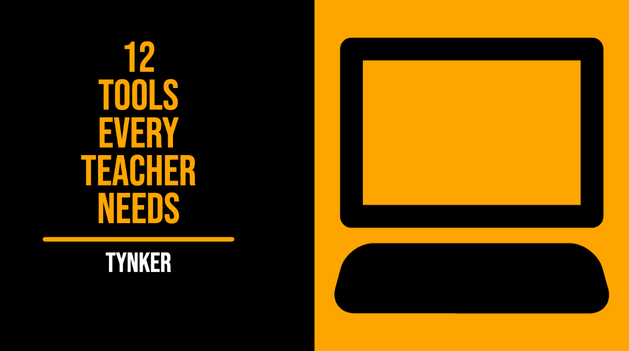
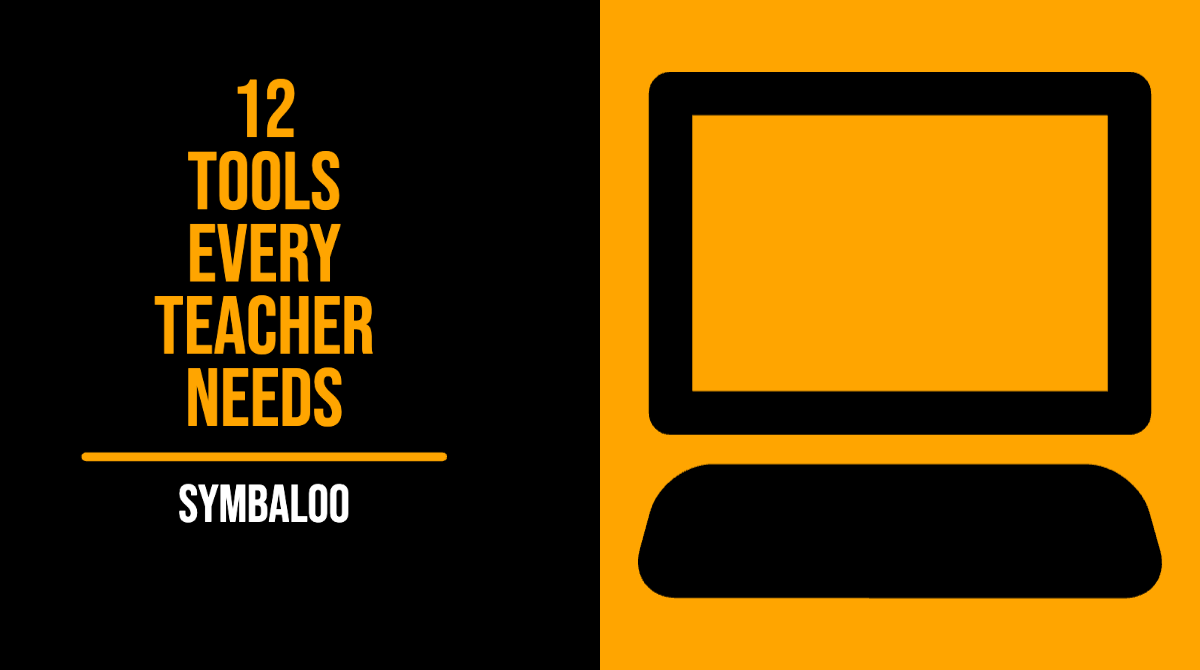
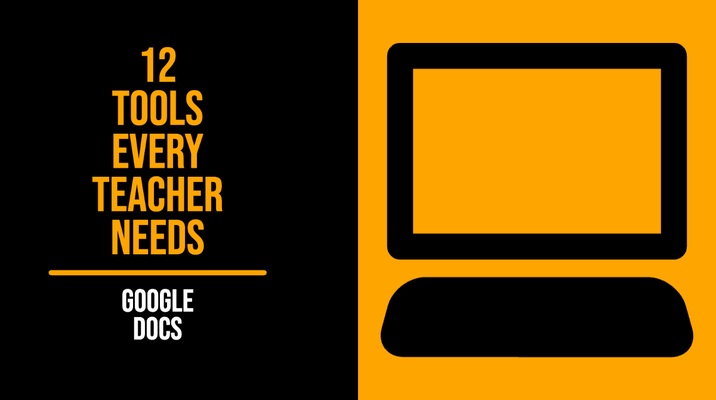
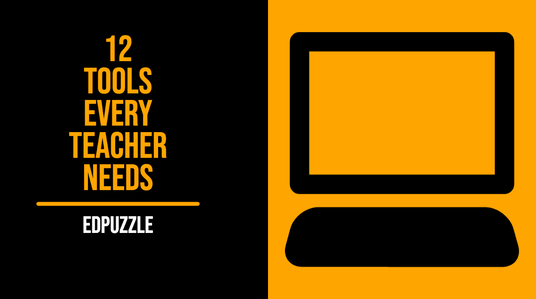
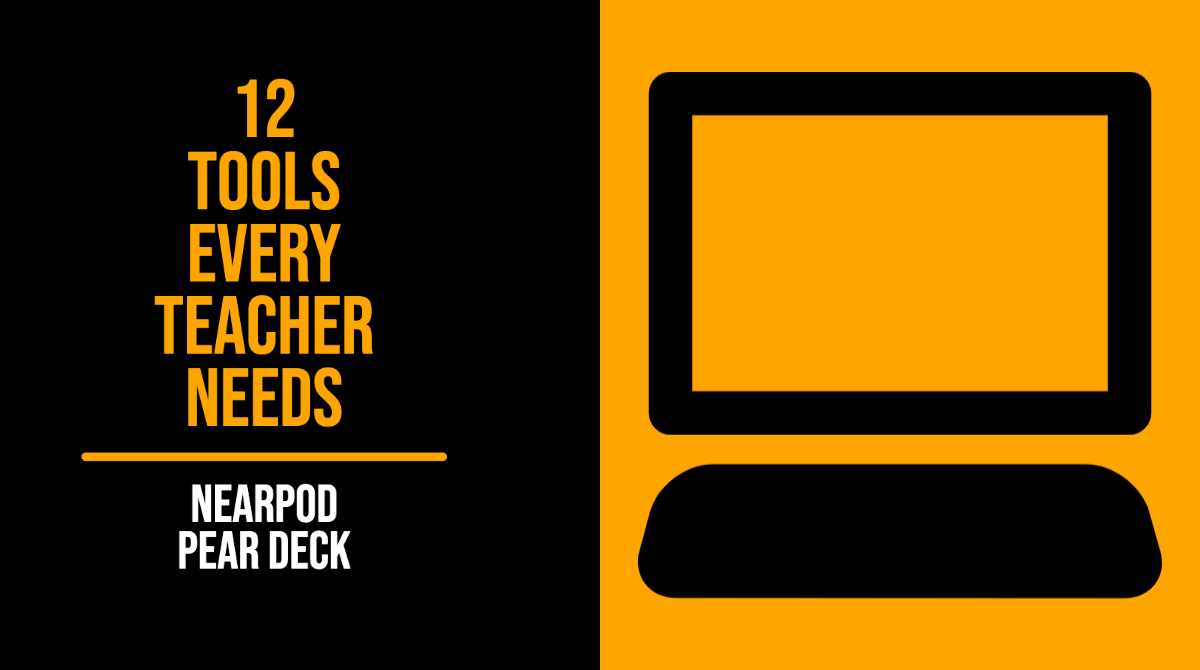
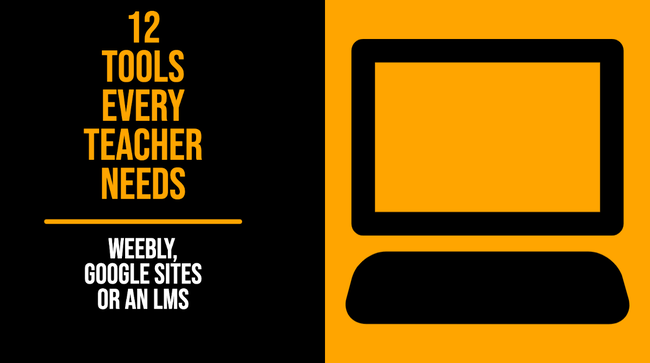
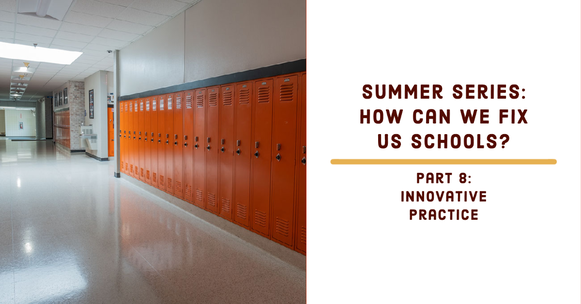
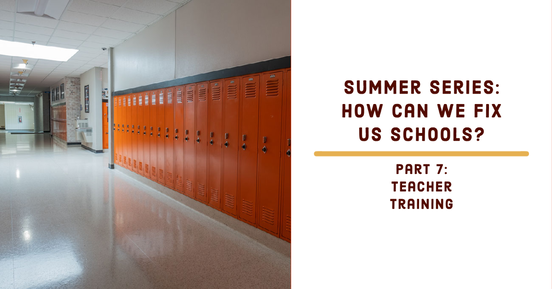
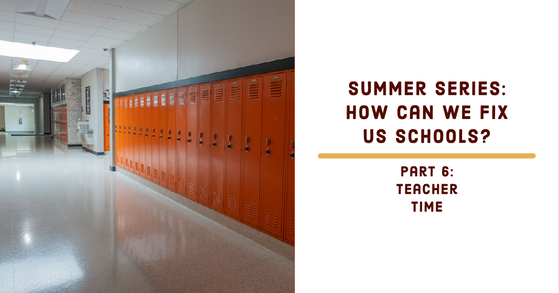
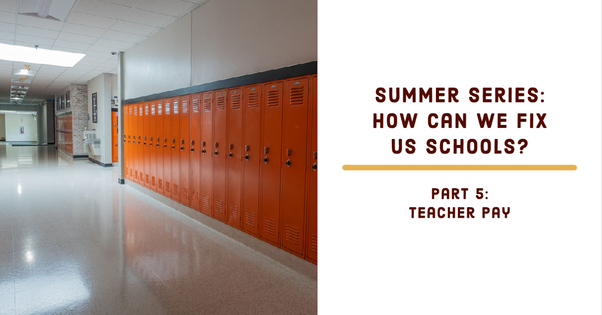
 RSS Feed
RSS Feed
